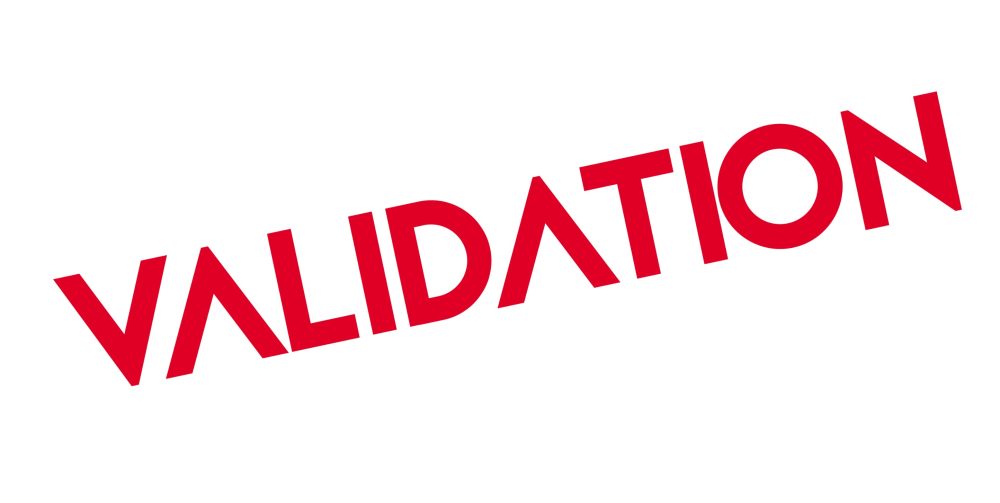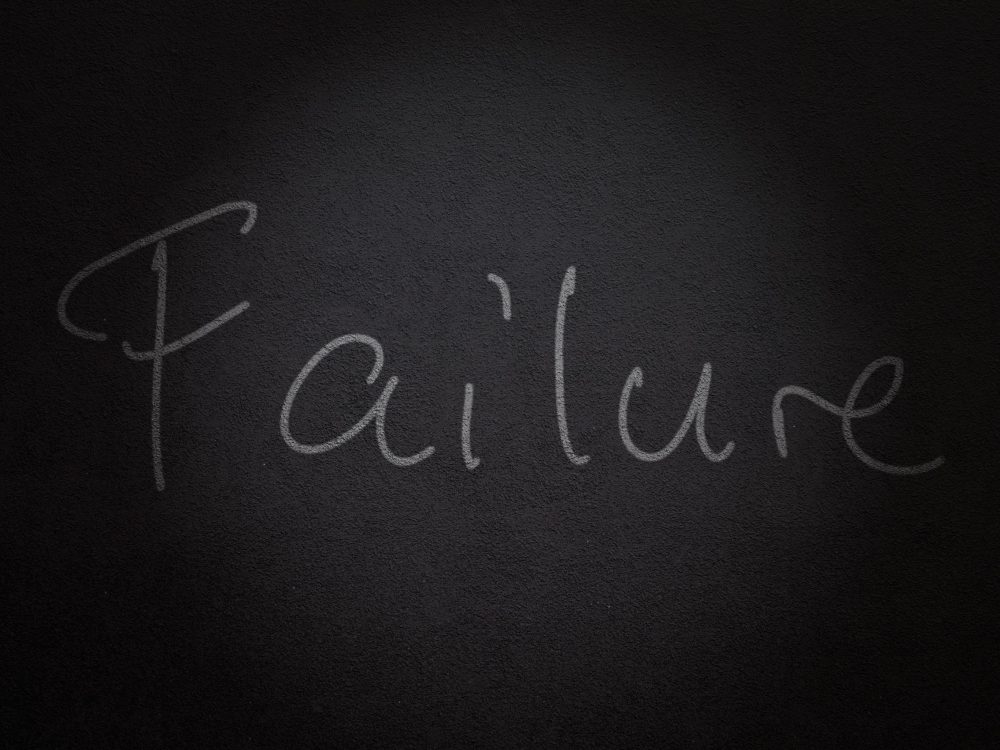Childhood experiences play a crucial role in shaping our adult lives. Sometimes, the habits, fears, and dreams of our younger years continue to influence us in ways we may not fully realize. This phenomenon can manifest in various aspects of adulthood, from decision-making and relationships to personal habits and career choices.
In this article, we’ll explore 17 telltale signs that your childhood might still be steering the course of your adult life. Recognizing these signs is the first step towards understanding and potentially reshaping the impact of your formative years.
1. Difficulty with Emotional Regulation
Struggling with emotional regulation in adulthood can often be traced back to childhood experiences. If you find yourself frequently overwhelmed by emotions or, conversely, feel detached and unable to express feelings, it may be a sign of unresolved childhood issues.
This can lead to impulsive reactions, mood swings, or a tendency to bottle up emotions. It’s essential to recognize that emotional patterns established in childhood often require conscious effort to change. Seeking professional help can be a constructive step in learning healthier emotional regulation strategies.
2. Fear of Abandonment
A deep-seated fear of abandonment that persists into adulthood can often originate from childhood experiences of loss or instability.
This fear might manifest in clinging to relationships, even unhealthy ones, or experiencing anxiety when loved ones are not physically present. It can also lead to over-pleasing behavior, where you constantly strive to make others happy at your expense.
Understanding and addressing these fears can be vital in forming secure and healthy adult relationships. Therapy or counseling can provide valuable tools for working through these deep-rooted fears.
3. Perfectionism
Perfectionism in adulthood can be a carryover from childhood pressures to excel. This might stem from parental expectations, academic demands, or early competition.
As an adult, this can translate into an unrelenting drive for perfection in work or personal projects, often at the cost of your mental health. Perfectionism can lead to burnout, anxiety, and a persistent sense of inadequacy.
Recognizing and challenging perfectionist tendencies can help in developing a more balanced and forgiving approach to yourself and your endeavors.
4. Difficulty Trusting Others
If you find it hard to trust people in your adult life, it could be due to trust issues developed during childhood. This might stem from experiences of betrayal, inconsistency in caregiving, or witnessing untrustworthy behavior in adults.
As a result, you may build walls around yourself, fearing vulnerability. Working through trust issues often involves exploring past experiences, understanding their impact, and gradually learning to open up in safe and healthy ways.
5. Overdependence on External Validation
Seeking constant approval and validation from others can be a sign that your self-worth was heavily influenced by external validation in childhood. This might manifest in an excessive need for compliments, a fear of criticism, or basing your self-esteem on others’ opinions.
Learning to cultivate self-validation and internal measures of worth can be transformative in breaking this cycle. Mindfulness practices and self-compassion exercises can be effective in developing a stronger sense of self-worth.
6. Avoidance of Conflict
An aversion to conflict in adult life can often be traced back to a childhood where conflict was either non-existent (due to over-shielding) or excessively traumatic.
This can lead to a tendency to avoid confrontations, suppress your needs, or give in to others easily. Understanding that healthy conflict is a part of life and learning assertiveness skills can be crucial in overcoming this tendency.
7. Difficulty Making Decisions
If you find decision-making particularly stressful, it could be due to childhood experiences where your decisions were either disregarded or overly criticized.
This can lead to indecisiveness, a fear of making the wrong choice, or an over-reliance on others to make decisions for you. Building decision-making confidence often involves small steps in trusting your judgment and accepting that mistakes are a natural part of learning.
8. Imposter Syndrome
Imposter syndrome, where you doubt your abilities and feel like a fraud, can often be linked to childhood dynamics where your achievements were downplayed or overshadowed. This can lead to a constant fear of being ‘exposed’ and can hinder your career progress.
Addressing imposter syndrome involves recognizing your achievements and understanding that self-doubt does not equate to incompetence.
9. Need for Control
A strong need to control situations or people might stem from a childhood where there was little predictability or security. This can manifest in micromanaging tendencies, difficulty delegating tasks, or anxiety when things are uncertain. Learning to embrace uncertainty and trust the process can be liberating and reduce stress associated with the need for control.
10. Fear of Failure
A paralyzing fear of failure in adulthood often has roots in a childhood where failure was not seen as a natural part of learning. This fear can hold you back from taking risks or trying new things. It’s important to reframe failure as a stepping stone to success and an essential part of personal growth.
11. Emotional Dependence
Emotional dependence on others for happiness or decision-making can be a continuation of childhood patterns where you were not encouraged to be independent.
This might lead to relationships where you overly rely on your partner for emotional support or find it hard to be alone. Working towards emotional independence involves recognizing your own strength and developing self-reliance.
12. Overreacting to Criticism
If criticism, even when constructive, feels deeply personal and upsetting, it could be due to childhood experiences where criticism was harsh or punitive. This sensitivity can hinder personal and professional growth. Learning to separate constructive feedback from your self-worth is key in dealing with criticism healthily.
13. Seeking Chaos
Sometimes, a subconscious attraction to chaotic or unstable situations can be traced back to a tumultuous childhood. This might manifest in choosing turbulent relationships or careers. Recognizing this pattern can be the first step in seeking stability and peace in your adult life.
14. Submissive Behavior
If you find yourself consistently yielding to others’ opinions or desires, it might be due to a childhood where your voice was suppressed. This can lead to a pattern of submissive behavior in adulthood. Learning to assert yourself and value your opinions is crucial for personal empowerment.
15. Compulsive People-Pleasing
A compulsive need to please others, often at your expense, can stem from a childhood where your worth was measured by how much you pleased others. Breaking this cycle involves setting boundaries and learning to say no without feeling guilty.
16. Escapist Fantasies
Frequent daydreaming or escaping into fantasies can be a continuation of a childhood coping mechanism used to deal with unpleasant realities. While it’s a natural form of self-soothing, excessive escapism can disconnect you from the present. Balancing fantasy with mindful living can improve your engagement with the real world.
17. Fear of Intimacy
A fear of intimacy, both emotional and physical, can be a sign of childhood experiences where close bonds were fraught with pain or betrayal. Overcoming this fear involves understanding its roots and gradually building trust in relationships.
Recognizing These Signs
Recognizing these signs can be a powerful tool in understanding the influence of your childhood on your adult life. Addressing these issues, possibly with the help of a professional, can lead to a more self-aware, balanced, and fulfilling adulthood. Remember, it’s never too late to rewrite the script of your life and break free from the patterns of the past.
Tamila McDonald is a U.S. Army veteran with 20 years of service, including five years as a military financial advisor. After retiring from the Army, she spent eight years as an AFCPE-certified personal financial advisor for wounded warriors and their families. Now she writes about personal finance and benefits programs for numerous financial websites.



















Leave a Reply